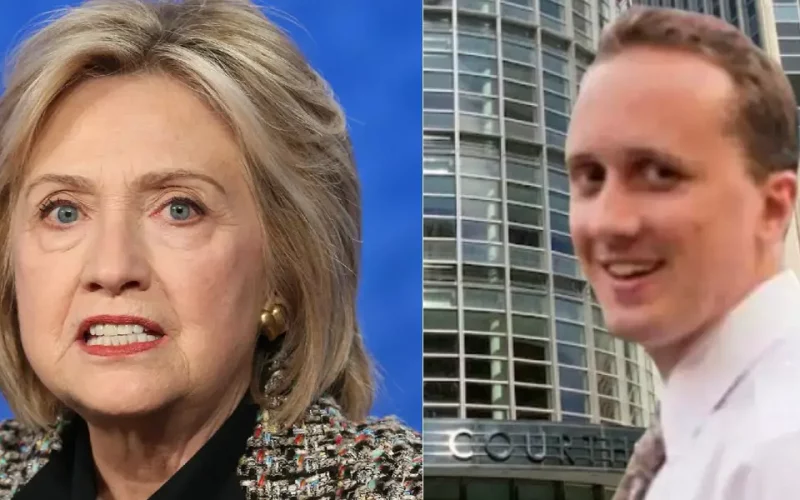According to a report from Courthouse News, Douglass Mackey, an individual who managed a Twitter account boasting a substantial following of more than 58,000 users, has been handed a prison term of seven months. This verdict stems from his act of sharing a meme on social media during the 2016 election.
In March, Mackey was found guilty by a jury of conspiring to violate the voting rights of others, an offense that may result in a maximum sentence of 10 years. The meme that resulted in his imprisonment was a fabricated flyer that falsely encouraged supporters of Clinton to cast their votes remotely using text messaging.
“Avoid the line. Vote from home,” it stated. “Text ‘Hillary’ to 59925. Vote for Hillary and be a part of history.”
Here is Douglass Mackey’s tweet from the 2016 election that just got him 7 months in jail vs another tweet from a liberal activist during the same time that didn’t get her 7 months in jail. https://t.co/1g7ADnD4g7 pic.twitter.com/BenA34PwHr
— Greg Price (@greg_price11) October 18, 2023
The leaflet has a brief statement in its lower section indicating that the option to vote via text message is not accessible in the regions of Guam, Puerto Rico, Alaska, or Hawaii.
According to the sentencing document, prosecutors have said that Mackey was a member of private Twitter direct-message groups in which he actively participated in the distribution of disinformation. The purpose of this concerted effort was to agitate, mislead, and, in certain instances, defraud voters during the 2016 presidential election.
“Mackey has been found guilty by a jury of his peers of attempting to deprive individuals from exercising their sacred right to vote for the candidate of their choice in the 2016 Presidential Election,” United States Attorney for the Eastern District of New York Breon Peace said after Mackey’s conviction in March. “Today’s verdict proves that the defendant’s fraudulent actions crossed a line into criminality and flatly rejects his cynical attempt to use the constitutional right of free speech as a shield for his scheme to subvert the ballot box and suppress the vote.”
Earlier this year, concerns were expressed by experts in First Amendment jurisprudence over the potential application of the statute employed to convict Mackey. These worries centered upon the possibility of utilizing this rule to specifically target purportedly false remarks pertaining to political or election-related matters.
“It criminalizes conspiring to ‘injure’ or ‘oppress’ someone in the exercise of any constitutional right,” Aaron Terr, director of Public Advocacy for the Foundation for Individual Rights and Expression, told the Daily Caller News Foundation in April. “If that vague language covers speech that deceives people into voting improperly, it raises the troubling possibility of the government also applying it to allegedly false statements about political issues or candidates that discourage people from voting, not just misrepresentations about the logistics of exercising the franchise.”

